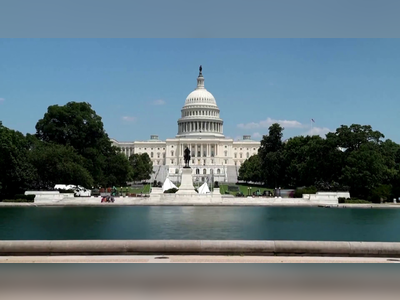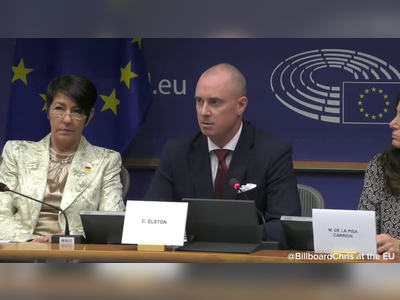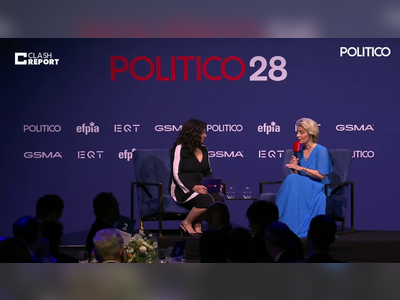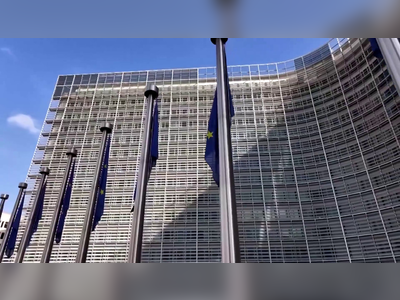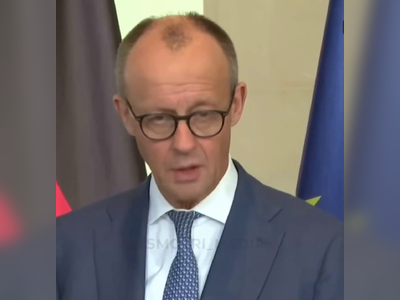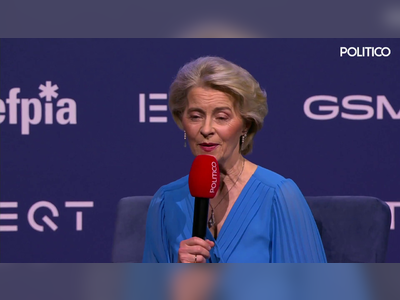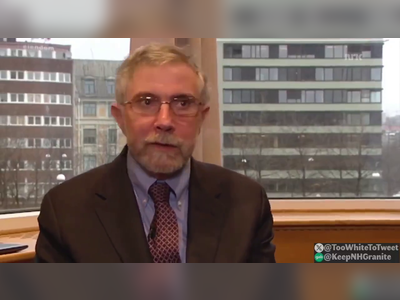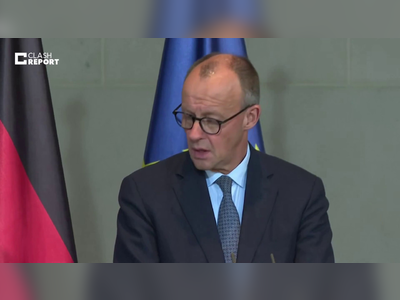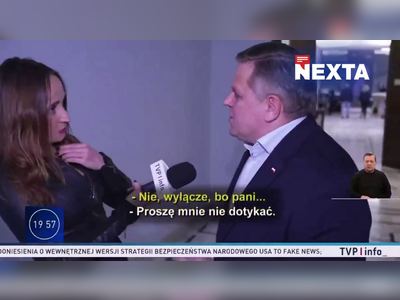
EU Proposes Tariff Elimination Deal to the US Amid Ongoing Trade Tensions
Ursula von der Leyen asserts Europe's readiness for negotiations, offering mutual tariff elimination on industrial goods.
The European Union (EU) has extended an offer to the United States for mutual elimination of tariffs on industrial goods, signaling a willingness to negotiate despite the ongoing trade tensions stemming from tariffs imposed by President Donald Trump.
EU Commission President Ursula von der Leyen made the announcement in Brussels, reaffirming the EU's readiness for a beneficial agreement.
According to information from a news agency, this offer was initially made prior to the recent tariff decisions by Trump but has been reiterated as recently as last Friday.
Von der Leyen emphasized that the proposal remains available, particularly noting that discussions regarding free trade for automobiles have taken place, though without receiving a satisfactory response.
In related developments, US President's advisor Elon Musk expressed support for a transatlantic free trade zone eliminating tariffs altogether during a political event in Florence, Italy.
Musk, the CEO of Tesla, articulated his hope for a strengthened partnership between the US and Europe, advocating for a zero-tariff arrangement.
Beyond negotiations, Von der Leyen indicated that the EU is preparing potential countermeasures should these trade discussions falter.
This includes establishing an 'import task force' to monitor the impact of US tariffs and to safeguard against shifts in trade flows from other regions.
The task force aims to ensure that there is ample evidence to support future political actions, with collaboration from industry stakeholders.
Additionally, Von der Leyen announced plans to enhance trade relations with other countries, citing examples such as India, Thailand, Malaysia, and Indonesia.
She referenced existing agreements with the South American trade bloc Mercosur, as well as forthcoming deals with Mexico and Switzerland.
Notably, she remarked that 83 percent of global trade occurs outside the United States.
Trump's administration has pursued tariffs to address perceived trade imbalances and to encourage production relocation to the US, with tariff revenues intended to partially fund significant tax cuts promised during his campaign.
The practical outcome of the EU's free trade proposal remains uncertain.
EU Commission President Ursula von der Leyen made the announcement in Brussels, reaffirming the EU's readiness for a beneficial agreement.
According to information from a news agency, this offer was initially made prior to the recent tariff decisions by Trump but has been reiterated as recently as last Friday.
Von der Leyen emphasized that the proposal remains available, particularly noting that discussions regarding free trade for automobiles have taken place, though without receiving a satisfactory response.
In related developments, US President's advisor Elon Musk expressed support for a transatlantic free trade zone eliminating tariffs altogether during a political event in Florence, Italy.
Musk, the CEO of Tesla, articulated his hope for a strengthened partnership between the US and Europe, advocating for a zero-tariff arrangement.
Beyond negotiations, Von der Leyen indicated that the EU is preparing potential countermeasures should these trade discussions falter.
This includes establishing an 'import task force' to monitor the impact of US tariffs and to safeguard against shifts in trade flows from other regions.
The task force aims to ensure that there is ample evidence to support future political actions, with collaboration from industry stakeholders.
Additionally, Von der Leyen announced plans to enhance trade relations with other countries, citing examples such as India, Thailand, Malaysia, and Indonesia.
She referenced existing agreements with the South American trade bloc Mercosur, as well as forthcoming deals with Mexico and Switzerland.
Notably, she remarked that 83 percent of global trade occurs outside the United States.
Trump's administration has pursued tariffs to address perceived trade imbalances and to encourage production relocation to the US, with tariff revenues intended to partially fund significant tax cuts promised during his campaign.
The practical outcome of the EU's free trade proposal remains uncertain.
Translation:
•
Translated by AI
AI Disclaimer: An advanced artificial intelligence (AI) system generated the content of this page on its own. This innovative technology conducts extensive research from a variety of reliable sources, performs rigorous fact-checking and verification, cleans up and balances biased or manipulated content, and presents a minimal factual summary that is just enough yet essential for you to function as an informed and educated citizen. Please keep in mind, however, that this system is an evolving technology, and as a result, the article may contain accidental inaccuracies or errors. We urge you to help us improve our site by reporting any inaccuracies you find using the "Contact Us" link at the bottom of this page. Your helpful feedback helps us improve our system and deliver more precise content. When you find an article of interest here, please look for the full and extensive coverage of this topic in traditional news sources, as they are written by professional journalists that we try to support, not replace. We appreciate your understanding and assistance.
